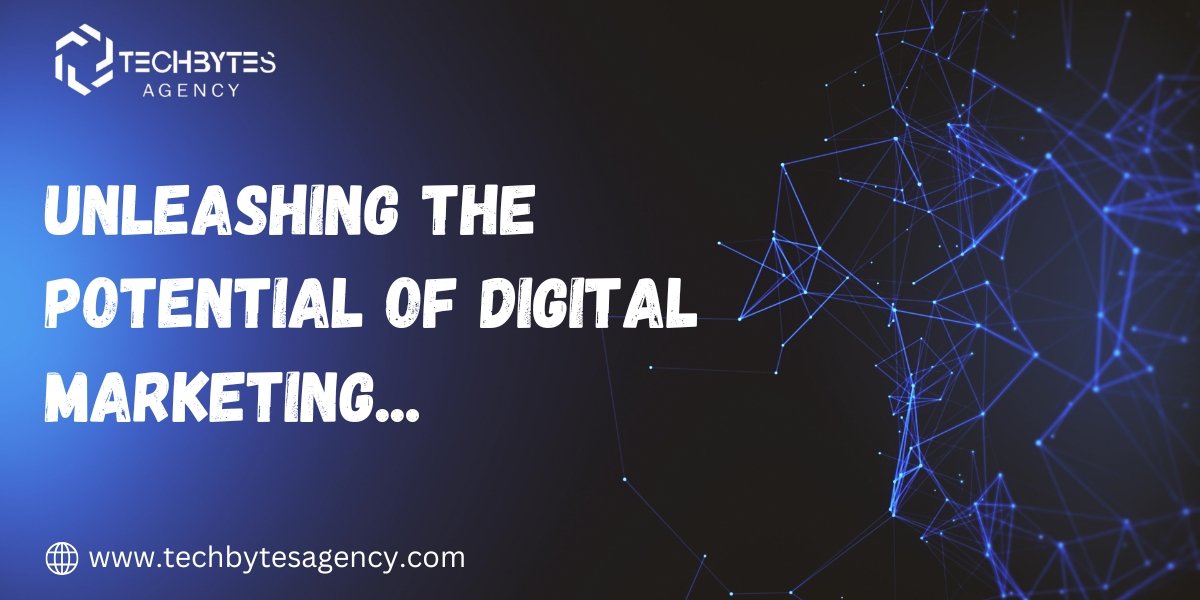In the era of digital transformation, digital marketing has emerged as a powerful tool for businesses to connect with their target audience, drive engagement, and achieve growth. Digital marketing encompasses a wide range of strategies and techniques, including SEO, content marketing, social media marketing, email marketing, and PPC advertising. This blog explores the core elements, benefits, and strategies for success in digital marketing.
The Core Elements of Digital Marketing
- Search Engine Optimization (SEO): SEO involves optimizing a website to rank higher in search engine results, thereby increasing organic traffic. It includes on-page optimization (e.g., keyword research, meta tags, content optimization) and off-page optimization (e.g., backlink building, social signals).
- Content Marketing: Content marketing focuses on creating and distributing valuable, relevant content to attract and engage a target audience. It includes blog posts, articles, videos, infographics, and more. High-quality content helps build trust and authority, driving organic traffic and conversions.
- Social Media Marketing: Social media platforms like Facebook, Twitter, Instagram, LinkedIn, and TikTok offer opportunities for businesses to engage with their audience, build brand loyalty, and drive traffic. Social media marketing involves creating and sharing content, running ads, and engaging with followers.
- Email Marketing: Email marketing is a cost-effective way to nurture relationships with prospects and customers. Personalized email campaigns can drive engagement, promote products, and increase conversions. It includes newsletters, promotional emails, and automated drip campaigns.
- Pay-Per-Click (PPC) Advertising: PPC advertising involves running ads on platforms like Google AdWords, Bing Ads, and social media. Advertisers pay a fee each time their ad is clicked. PPC allows businesses to reach a targeted audience quickly and drive traffic to their website.
Benefits of Digital Marketing
- Cost-Effectiveness: Compared to traditional marketing, digital marketing is often more affordable and delivers better ROI. Businesses can allocate budgets more efficiently and measure the performance of their campaigns.
- Targeted Reach: Digital marketing allows businesses to target specific demographics, ensuring their marketing efforts reach the most relevant audience. Advanced targeting options include age, gender, location, interests, and behavior.
- Measurable Results: Digital marketing tools and analytics provide detailed insights into campaign performance. Businesses can track metrics such as website traffic, conversion rates, engagement, and ROI, allowing for data-driven decision-making.
- Global Reach: Digital marketing enables businesses to reach a global audience. Online platforms break down geographical barriers, allowing businesses to expand their reach and tap into new markets.
Digital Marketing Strategies for Success
To succeed in digital marketing, businesses must develop a comprehensive strategy that encompasses various elements and tactics. Here are some key strategies for success:
- Define Your Goals: Clearly define your digital marketing goals, such as increasing brand awareness, driving website traffic, generating leads, or boosting sales. Specific, measurable goals provide direction and focus for your marketing efforts.
- Understand Your Audience: Conduct thorough research to understand your target audience’s demographics, interests, pain points, and behavior. This information helps create targeted and relevant marketing campaigns.
- Create High-Quality Content: Content is the backbone of digital marketing. Create high-quality, valuable content that resonates with your audience. Use a mix of formats, such as blog posts, videos, infographics, and social media posts, to engage your audience.
- Optimize for SEO: Implement on-page and off-page SEO techniques to improve your website’s visibility in search engine results. Conduct keyword research, optimize meta tags, create quality backlinks, and ensure your website is mobile-friendly and fast-loading.
- Leverage Social Media: Develop a strong social media presence by creating and sharing engaging content, interacting with followers, and running targeted ads. Social media platforms provide opportunities for real-time engagement and community building.
- Utilize Email Marketing: Build an email list and send personalized, relevant emails to your subscribers. Segment your email list based on customer behavior and preferences to deliver targeted messages. Use automation to nurture leads and drive conversions.
- Invest in PPC Advertising: Allocate a budget for PPC campaigns to drive immediate traffic and conversions. Use keyword targeting, ad extensions, and compelling ad copy to maximize the effectiveness of your ads. Monitor and optimize your campaigns regularly.
- Analyze and Optimize: Regularly analyze your digital marketing performance using tools like Google Analytics, social media insights, and email marketing metrics. Identify what’s working and what’s not, and make data-driven adjustments to improve your campaigns.
Conclusion
Digital marketing is a dynamic and multifaceted discipline that offers immense potential for businesses to grow and succeed in the digital age. By leveraging the core elements of SEO, content marketing, social media marketing, email marketing, and PPC advertising, businesses can reach their target audience, drive engagement, and achieve their marketing goals. Developing a comprehensive digital marketing strategy and continuously optimizing based on data insights are key to staying ahead in the competitive digital landscape.


